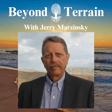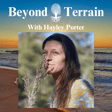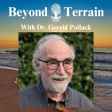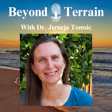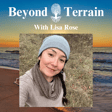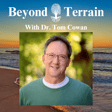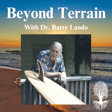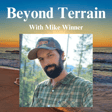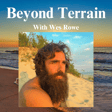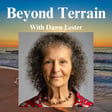
Adam and Josh Bigelsen on Darkfield Microscopy, Pleiomorphism, Problems in Live Blood Analysis, and so much more!
In this week's episode, we are truly honored to have the esteemed Bigelsen Brothers, Adam and Josh, join us. With their unparalleled experience and expertise in the terrain field, they stand as true leaders in their field.
The brothers generously share their insights into the meaning of health and their perspectives on disease. Emphasizing a strong belief in the symbiotic relationship of nature, Adam and Josh touch upon the power of the mind and the imperative of optimism.
The conversation delves deep into topics such as darkfield microscopy, pleiomorphism, and the life cycles observed in nature. Exploring various species of microbes, the discussion extends to what is observed in the blood and its relevance and importance, drawing parallels with the concept of "As above, so below."
Josh and Adam thoroughly examine the shortcomings of live blood analysis, highlighting its tendency to be misleading and used as a fear-based tactic. The hosts challenge the brothers on the exclusive use of darkfield microscopy by humans, leading to a discussion on how modern interventions may fall short in addressing root causes, contrasting with nature's approach that addresses the root causes directly.
The episode concludes with a thoughtful note on inflammation, emphasizing nature's approach of not being 'anti' – no anti-inflammatories, anti-bacterials, or anti-fungals.
I hope you enjoy this insightful and thought-provoking episode!
Follow me
https://www.instagram.com/beyond.terrain/
https://linktr.ee/beyondterrain
Support the podcast
https://www.buymeacoffee.com/beyondterrain
ETH: beyondterrain.eth
BTC: bc1qqwc470ktgj3l4myqxr5hq67rnlqys0qm98u6f0
Support and Learn from Josh and Adam Bigelsen
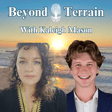
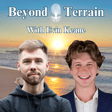
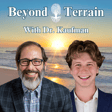
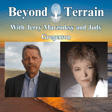
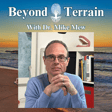
![DNA Doesn't Exist & Genomic Nonsense with Dr. Jerneja Tomsic [Part 2] image](https://media.zencastr.com/cdn-cgi/image/width=112,quality=85/image-files/652933f3a749dc383eb375de/ce5a5fd9-98c9-44fe-9b4b-3d0cd5abcf29.png)
